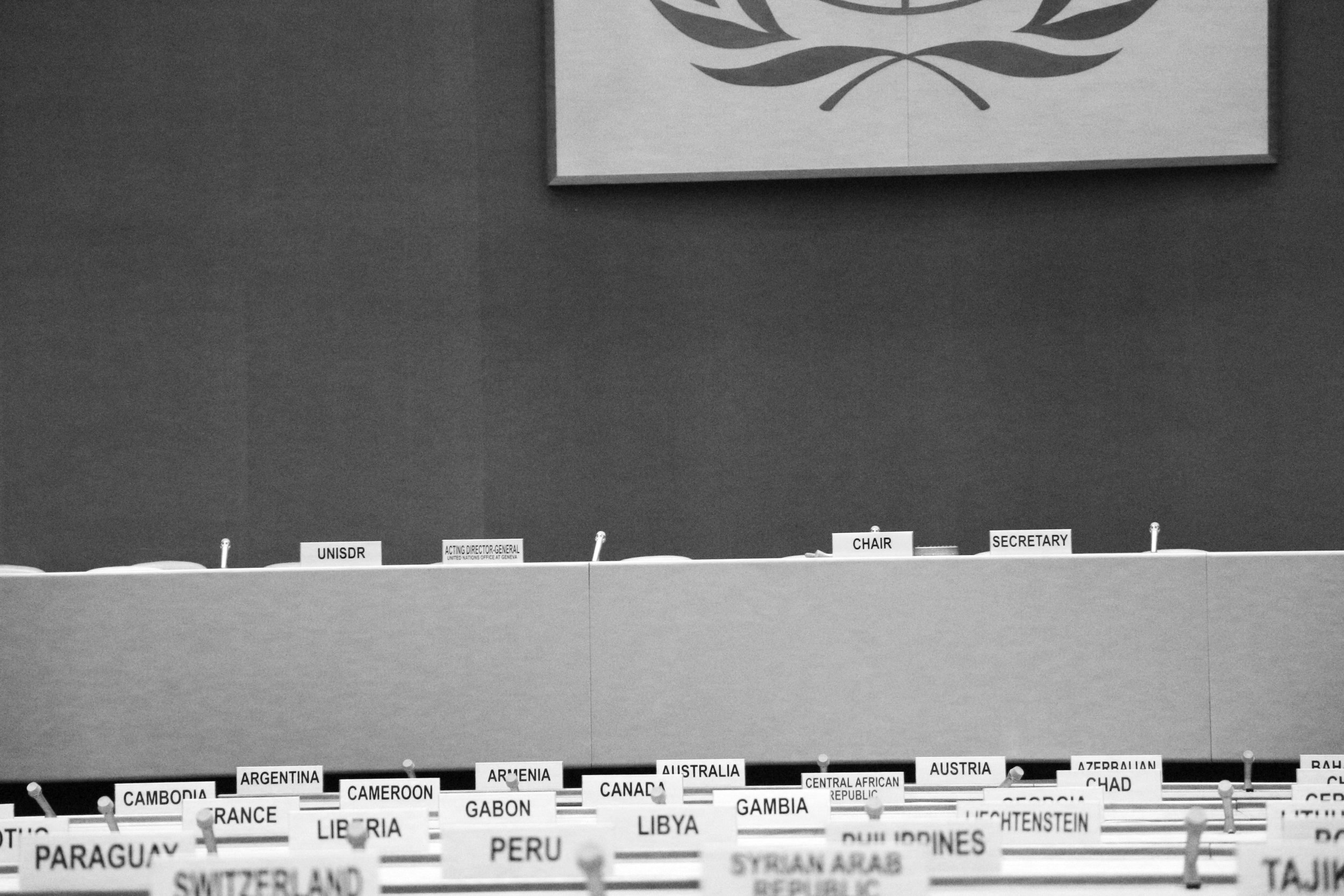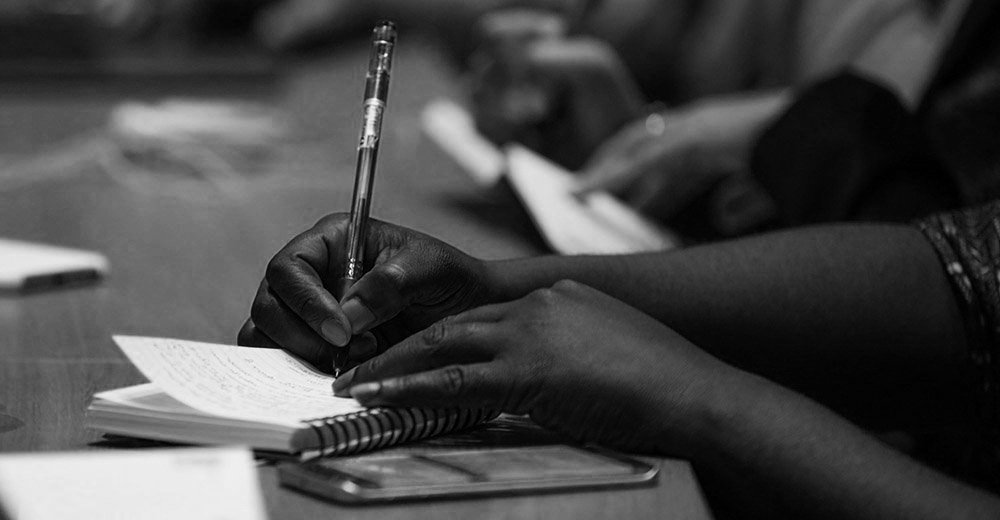
About us
Activists Supported by the LGBTI Stakeholder Group
The LGBTI Stakeholder Group collaborates with a wide range of activists. These include people working in organizations, running local initiatives, or advocating for change through social media platforms like Instagram. The group values the diversity of these activists, recognizing that each person brings unique insights, skills, and connections.
Activists are appreciated for their ability to represent their communities, dedication to advocating for human rights, and readiness to engage in international processes. By working with these activists, the LGBTI Stakeholder Group ensures that the voices of marginalized LGBTI communities are included in global decision-making, making sustainable development more inclusive and equitable.

Understanding Sustainable Development
Sustainable development is about creating a world where people, the planet, and prosperity are balanced. It means ensuring that everyone has access to their basic needs—like clean water, education, and health care—without harming the environment or compromising the resources that future generations will need.
The Sustainable Development Goals (SDGs) are 17 interconnected global goals set by the United Nations. They aim to end poverty, reduce inequality, and protect the environment by 2030. Examples of these goals include achieving gender equality, ensuring decent work for everyone, and taking urgent action to combat climate change. The SDGs are a roadmap for building a better, fairer world for all.

The High-Level Political Forum (HLPF)
The High-Level Political Forum (HLPF) is the United Nations’ main platform for reviewing and advancing progress on the Sustainable Development Goals (SDGs). It brings together governments, experts, and civil society to discuss global challenges like poverty, inequality, and climate change.
The HLPF operates under the UN’s Economic and Social Council (ECOSOC) and meets annually to evaluate specific SDGs and hear Voluntary National Reviews (VNRs). These reviews allow countries to share their progress, highlight challenges, and make new commitments. While decision-making primarily involves governments, the HLPF is structured to include input from civil society and other stakeholders, making it a collaborative process.
Activists can influence the HLPF in several ways. They can submit reports to highlight gaps or propose solutions, participate in official sessions to share their perspectives, organize side events to draw attention to key issues, and network with policymakers and other advocates. These efforts ensure that diverse voices, including those of marginalized communities like LGBTI people, are part of the global conversation and help hold governments accountable for their commitments.

Major Groups and Stakeholder Groups
A major group or a stakeholder group is a self-organized coalition of organizations and activists representing a specific sector of society in the UN processes, like the HLPF. These groups include workers, women, youth, Indigenous peoples, and others. They serve as bridges between grassroots communities and global decision-makers, ensuring that diverse voices are included in conversations about the SDGs.
MGoS gather input from their members, prepare position statements, and speak directly to governments and other stakeholders at events like the HLPF. Their role is critical because they bring expertise, lived experiences, and advocacy power to global discussions. Without their input, there is a risk that policies and decisions made at the global level will be disconnected from the needs and realities of the communities they affect.
Join the group
LGBTI activists who are part of the LGBTI Stakeholder Group get to connect and exchange on their work and experience through monthly online meeting, resource sharing and selected invitations to political gatherings.
Are you interested? Tell us about your work and motivation and we will get back to you.





